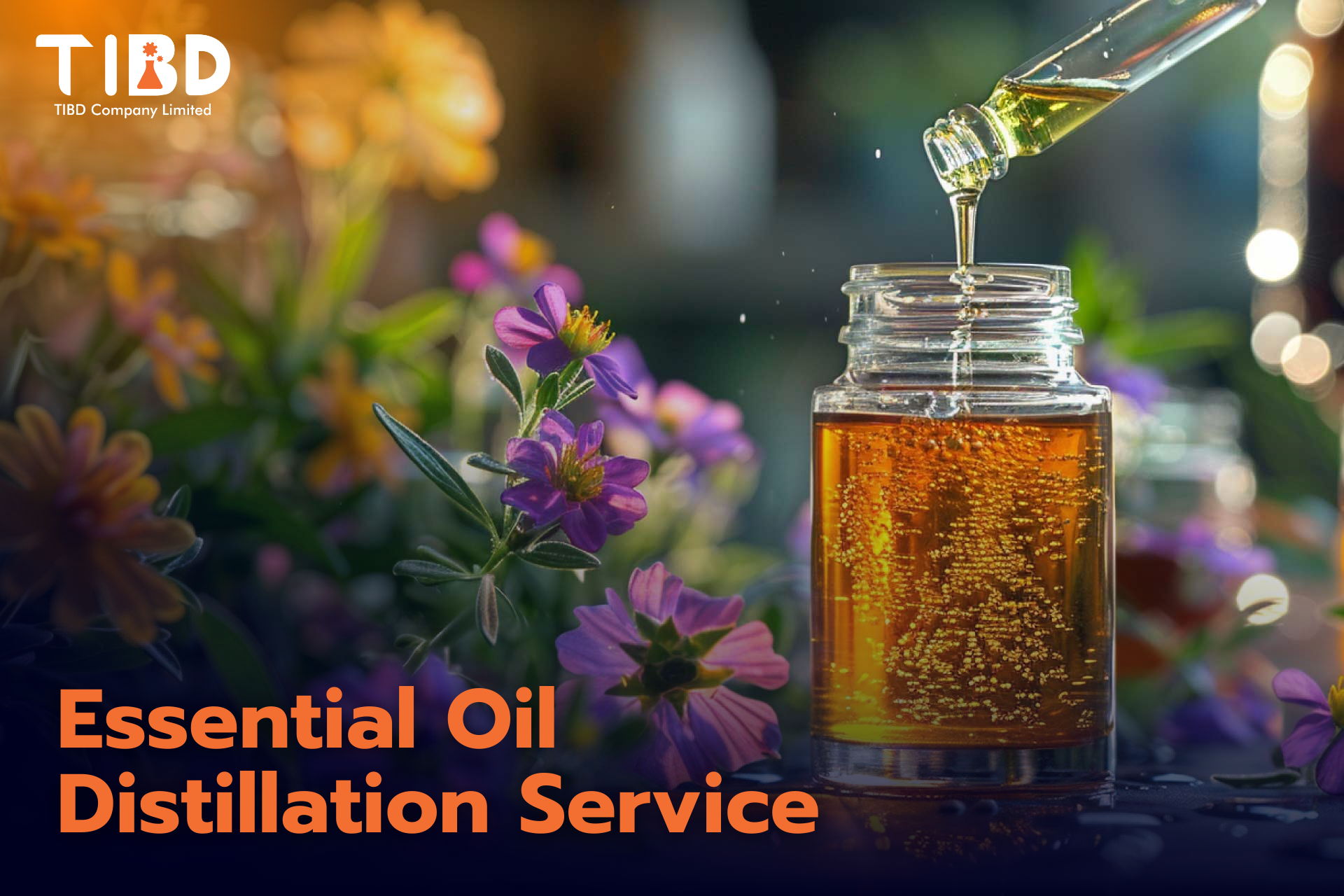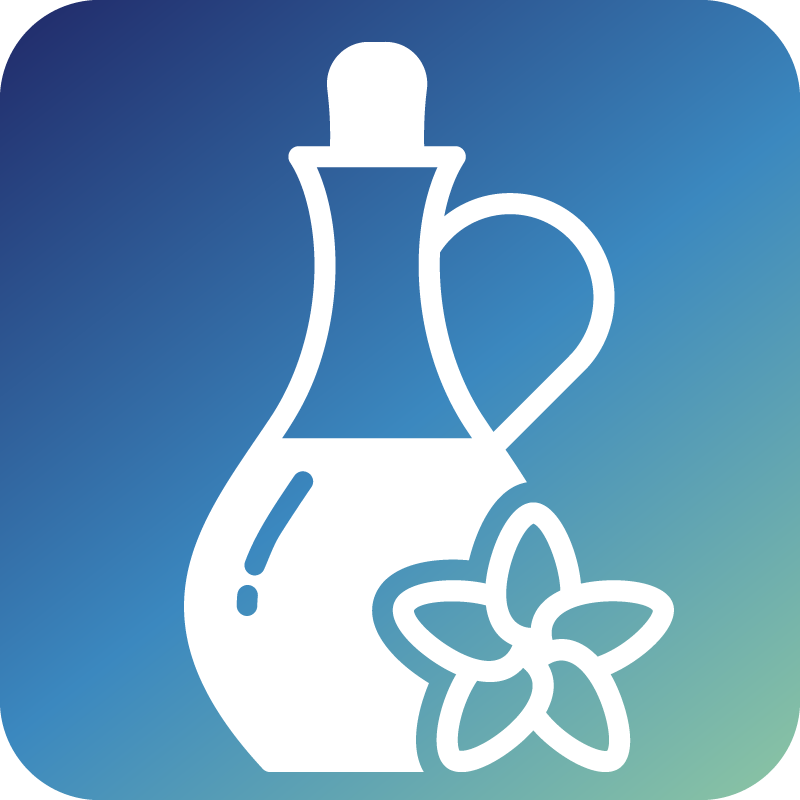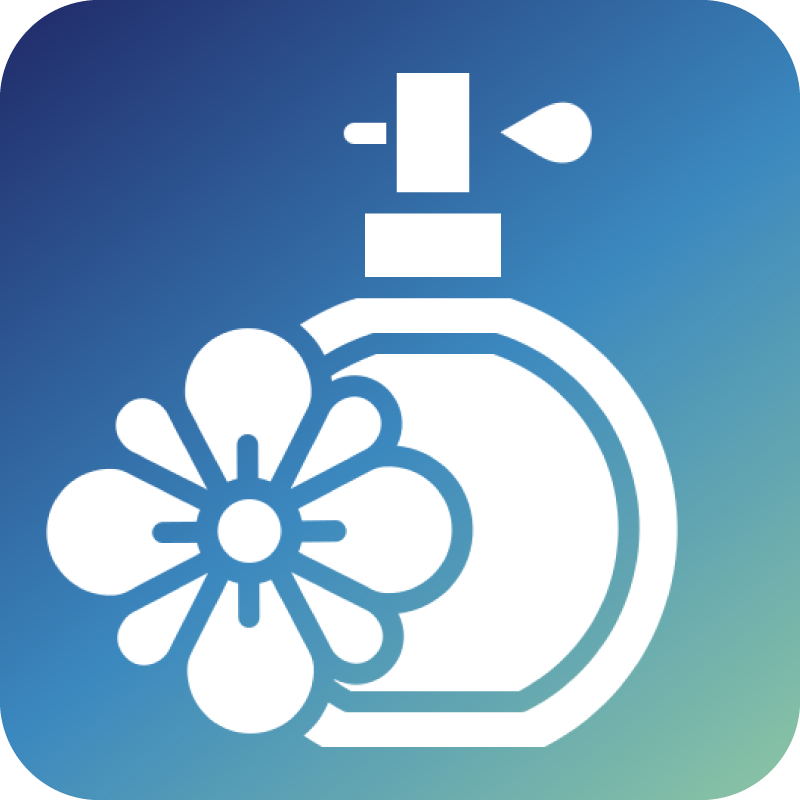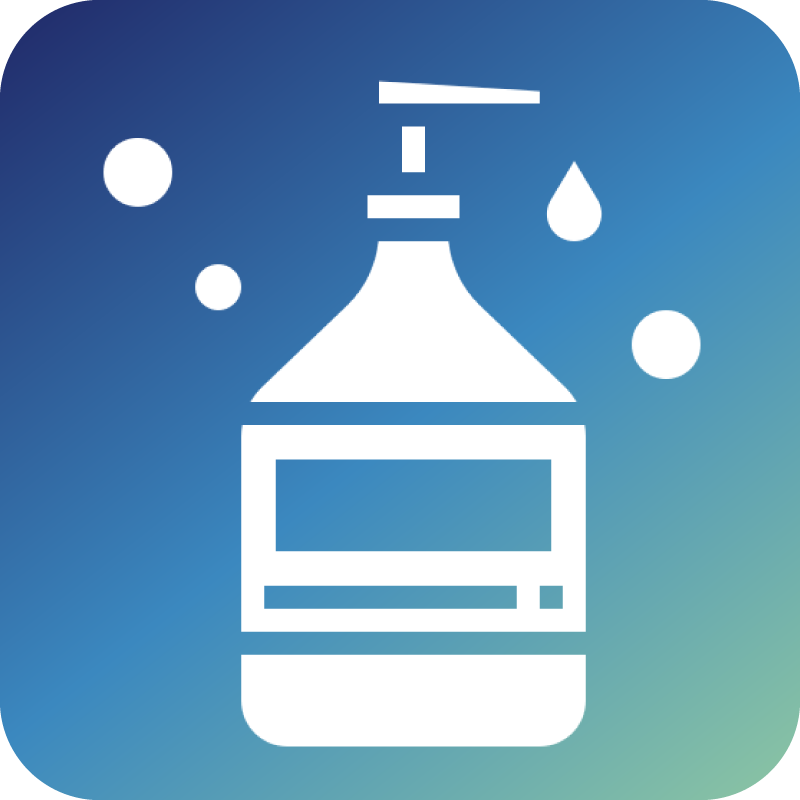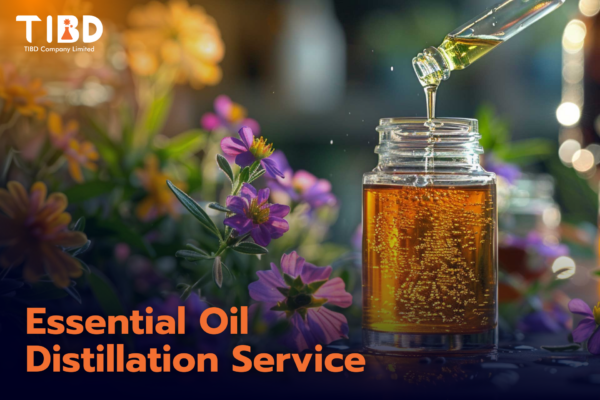Essential Oil Distillation Service: The Key to Unlocking the Potential of Thai Herbs and Natural Ingredients
Thailand is a producer of high-quality herbs and natural ingredients. It is known as a country with rich biodiversity, which gives us a variety of natural resources. With the current trend of consumers increasingly interested in natural and organic products, businesses in the health and beauty industry see an opportunity to develop and add value to their products. This is through the extraction of essential oils using advanced technology to develop into health and beauty products that are effective in both nourishing and treating.
Essential oils can be extracted from a variety of plants, herbs, flowers, and other natural ingredients. Thailand is considered to have high potential to be a leader in the essential oil market by producing high-quality essential oils from local herbs and plants.
For entrepreneurs who are interested in extracting essential oils from their available herbs to create added value and develop into products that are superior to their competitors, let TIBD be your essential oil extraction service provider.


